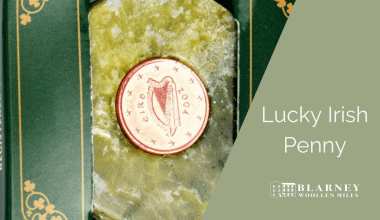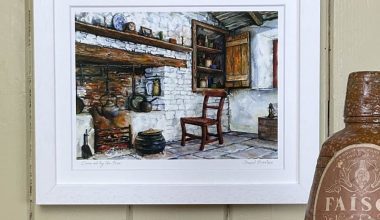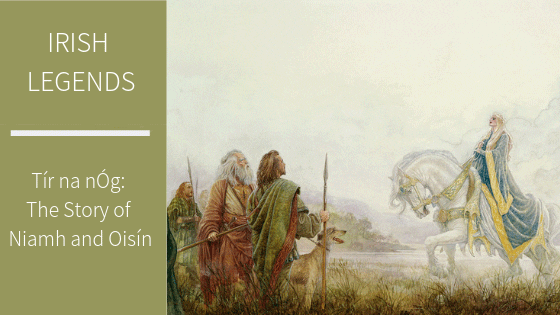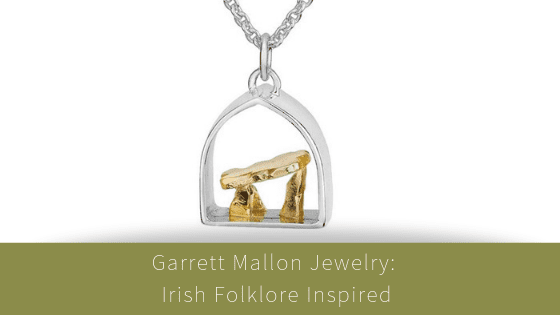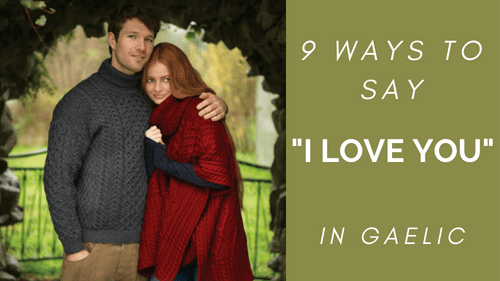What Is A Cape?
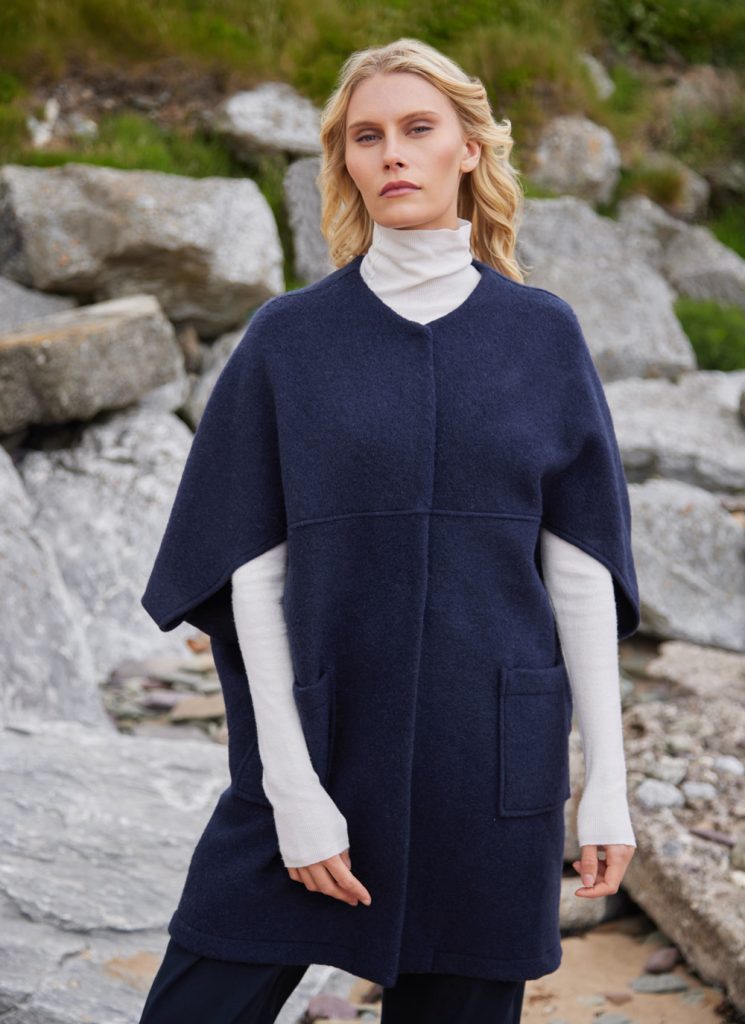
A Brief History on Ladies’ Cloaks
When capes first became popular during the renaissance, it was commonly worn attached to a woman’s collar. Transitioning into the Victorian era, the cape began to gain popularity mainly among women, developing into its own autonomous garment. As a direct result of this, well-bred women often wore bright red scarlet capes, a symbol of high fashion and societal standing.
In the 1920s and ’30s, ladies often wore capes with evening dress as a fashion statement or to protect their fine fabrics from the elements.
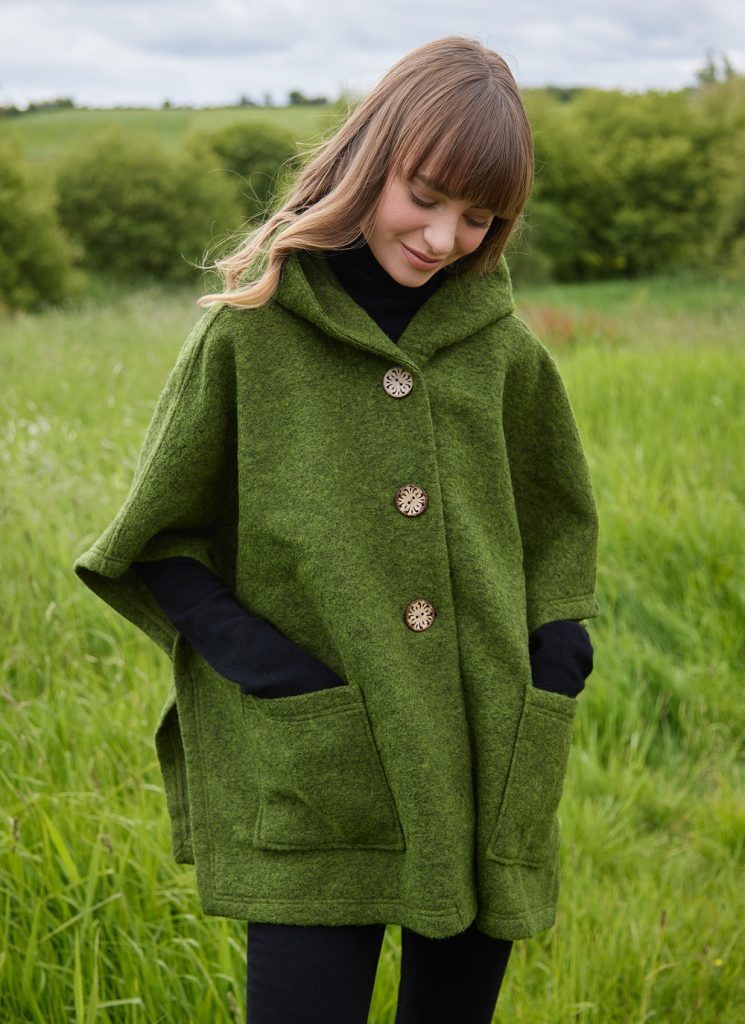
Cultural Significance
The cape holds a cherished place in Irish heritage, often depicted in the lush Irish countryside and celebrated in literature and art. It features prominently in the classic fairy tale of Little Red Riding Hood and in the legendary story of St. Brigid’s cloak.
The cape is central to the story of St. Brigid of Kildare. When Brigid sought land from the King of Leinster to build her monastery, he initially refused her request. Undeterred, Brigid prayed and then asked for as much land as her cloak would cover. To the King’s astonishment, as Brigid’s helpers walked in four directions holding the cloak, it miraculously expanded to cover many acres. This miracle not only secured the land for her monastery but also convinced the King of Brigid’s divine blessing. He became a patron of the monastery and eventually converted to Christianity. The cape in this story symbolizes divine intervention and the power of faith.
Similarly, in the French tale of Little Red Riding Hood, the iconic red cape is more than just a garment. It also symbolizes innocence and the perils of the world. As Little Red Riding Hood ventures through the forest to visit her grandmother, her striking red cape captures the attention of the cunning wolf. The cape highlights her vulnerability and plays a crucial role in the wolf’s deception. This is illustrating how appearances can be misleading and the dangers that lie beneath seemingly innocent facades.
Both tales—of Little Red Riding Hood and St. Brigid—illustrate the cape’s significance beyond mere fashion, representing deeper themes of innocence, deception, and miraculous faith.
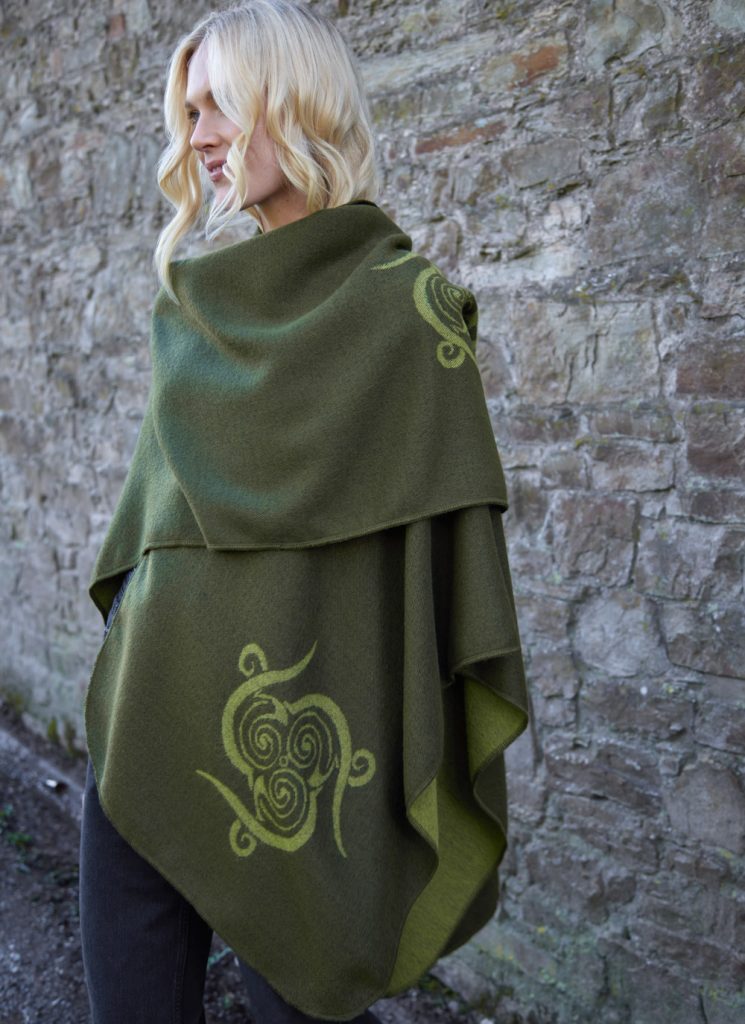
Owning your own cape is akin to owning a piece of history. Shop our Celtic Ladies’ Capes today and be a part of a timeless fashion movement.

